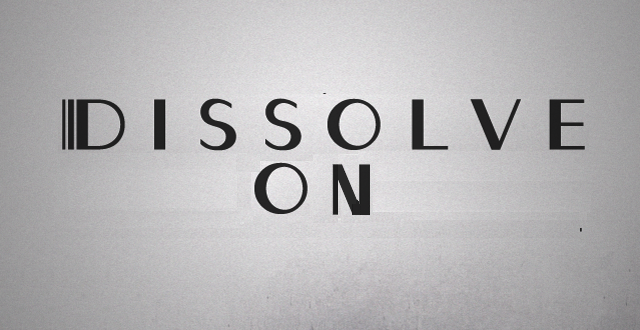When the late, great website The Dissolve ended operations, it’s commenting community had The Solute to call home, but the staff and writers of The Dissolve have been scattered to the winds of the Internet. With Dissolve On, we collect some of the essential film writing being done by these essential film writers. Because there’s always a Dissolver writing something notable about the movies somewhere on the Internet.
These folks are talented and prolific, so if we missed a piece, share it with us in the comments!
Genevieve Koski and Scott Tobias continue the Dissolve’s Filmspotting podcast residency from last week with discussion on:
:00-2:32 – Billboard / MUBI
2:32-28:44 – Review: “Mission: Impossible – Rogue Nation”
Music: Heartless Bastards, “Gates of Dawn”
30:05-39:12 – Notes / Polls
39:12-52:57 – Review: “Stanford Prison Experiment”
Music: Heartless Bastards, “Journey”
54:22-1:10:35 – Top 5: Exciting Movie Trends
1:10:35-1:13:32 – Close
Craig J. Clark (aka “Hooded Justice”) on Jean-Pierre Melville’s Le Silence De La Mer for One Perfect Shot:
“For a debut feature made piecemeal over the course of a year and a half – Melville could only raise the money to shoot for a day or two at a time – LE SILENCE is remarkably assured. A lot of the credit for this goes to cinematographer Henri Decaë, who went on to photograph several of Melville’s subsequent films as well as such foundational Nouvelle Vague entries as Louis Malle’s ELEVATOR TO THE GALLOWS and THE LOVERS, Claude Chabrol’s LE BEAU SERGE and LES COUSINS, and François Truffaut’s THE 400 BLOWS.”
Rachel Handler interviews David Wain for Grantland:
“RH: One of the reasons for Wet Hot’s staying power is its popularity with millennials. And yet we’re too young to remember the movies or the particular period of time you’re parodying. How do you explain that appeal?
DW: I think it comes much more from the nostalgia of being a teenager. The parody, if anything, is really just of movies and storytelling and genre, and not really at all about summer camp or summer-camp movies. I don’t even think I’ve really seen more than two or three summer-camp movies in my life. As for the time period, for a lot of younger people it doesn’t matter that you weren’t around then at all. I saw movies like Animal House and Diner that I just absolutely worshipped. They were the Rosetta Stones of my youth. And they took place in a time long before I was born. Or Happy Days, for that matter. Or Grease.”
Charles Bramesco on the death of the Dissolve and the state of long-form criticism for Random Nerds:
“On the evening of July 7, I was seated in a movie theater waiting for a press screening of Minions to start. A minute before the picture was scheduled to roll, my phone vibrated with a call from Keith Phipps, the Editorial Director (read: guy in charge) at one of my regular freelance outlets, The Dissolve. I was in no place to take a call, so I hit the button directing him straight to voicemail and texted to ask if he had called with an urgent concern. It turned out that he had indeed: The Dissolve’s parent company Pitchfork Media had pulled the plug after a trial period of just under two years, during which The Dissolve had failed to turn around sufficient profits.”
Tasha Robinson on the unanswered questions of Peyton Reed’s Ant-Man for AV Club:
“Ant-Man isn’t the first MCU movie with consistency issues and unanswered questions. And the problems don’t ruin the experience in the theater: It’s still a quick-stepping comedy-adventure with a strong cast, some nifty visual gags, and lots of energy. Looking back on the movie after the adrenaline rush and the one-liner chuckles fade, though, it’s hard to miss the holes left by the film’s rushed dialogue and scanty conceptualisation.”
Noel Murray on “How We Process Movies in 2015” for Oscilloscope Laboratories Musings blog (a piece originally conceived for The Dissolve):
“Something similar has happened across the internet over the past few years, where the performative aspect of fandom has become as big a part of the way that films are processed as reviews and ordinary online conversations…(i)n the place of spontaneous, honest, imaginative responses, I’m increasingly seeing a pro forma set of filters through which movies new and old are being considered—often at the expense of what those pictures actually are, and what they have to say.
Here are some of the most common: …”

